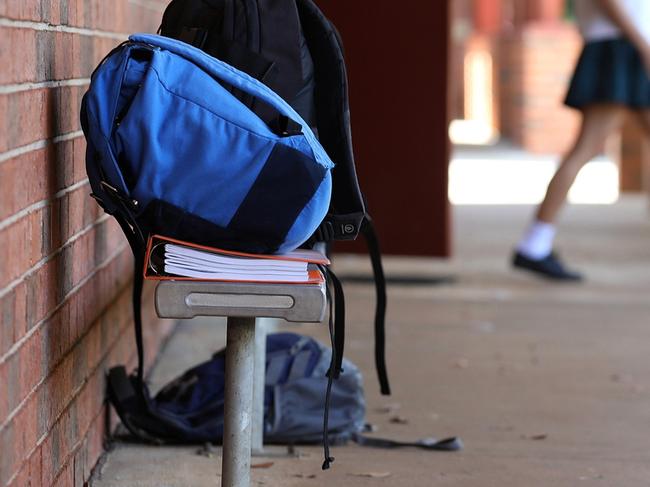Impact of staffing crisis will be felt for years
A NSW school staff member has warned that the long-term negative impact of the staffing crisis will be felt for years.

Community News
Don't miss out on the headlines from Community News. Followed categories will be added to My News.
A NSW school staff member has said the impact of the school staffing crisis will be felt for years.
The staff member, who wished to remain anonymous due to the Education Department’s Media Relations Policy that prohibits staff from speaking to the media, said this crisis had stemmed from the Department’s lack of long-term future planning.
“Teachers are leaving the profession at a high rate in early years, and schools have been forced to manage staffing themselves on an annual basis, meaning long-term interests of schools have suffered,” they said.
“A drastic shortage of casual teachers has made it impossible to cover teacher leave, excursions, study days, professional learning and so on. Students are missing hundreds of hours of learning.
“This will have huge impacts both now and in later years.”
Around the state, public school teachers continue to walk off the job to protest the impact the statewide staffing crisis is having on their school. The most recent schools involved in these walkouts include Gunnedah, Lithgow, Toormina, Grafton and South Grafton High Schools.
“This is a public school issue and therefore one of equity. Students should not be disadvantaged further than they are simply because their parents send them to public schools,” the staff member said.
“All staff are covering classes in release time, which impacts quality of teaching and assessment, and creates huge pressure on time. We are being told to meet new targets under state initiatives, but kids aren't even being taught.”
The staff member said that excursions and extra-curricular activities had to be scrapped, while minimal supervision measures, which are normally used in case of emergency, had become normal practice at the school.
“Two-to-three classes are being placed under the supervision of a single teacher on a daily basis,” they said.
“Classes most often left unsupervised are Years 11-12, as they are most compliant.”
While demand is high for available teachers to help fill gaps in temporary and casual vacancies, it’s apparent that a long-term management plan needs to be addressed by the education Department to ensure this crisis doesn’t re-emerge. For the staff member, this means addressing why teachers are leaving the profession and why teaching has become less attractive as a career.
“An increase in the status of the profession is vital to attract better staff – increased wages and conditions is the only way to do this meaningfully,” the staff member said.
“We also need staff to be appointed to schools on a permanent basis. The workforce has become too casualised where casual and temporary staff are misused to fill gaps that should be filled by permanent teachers.”



